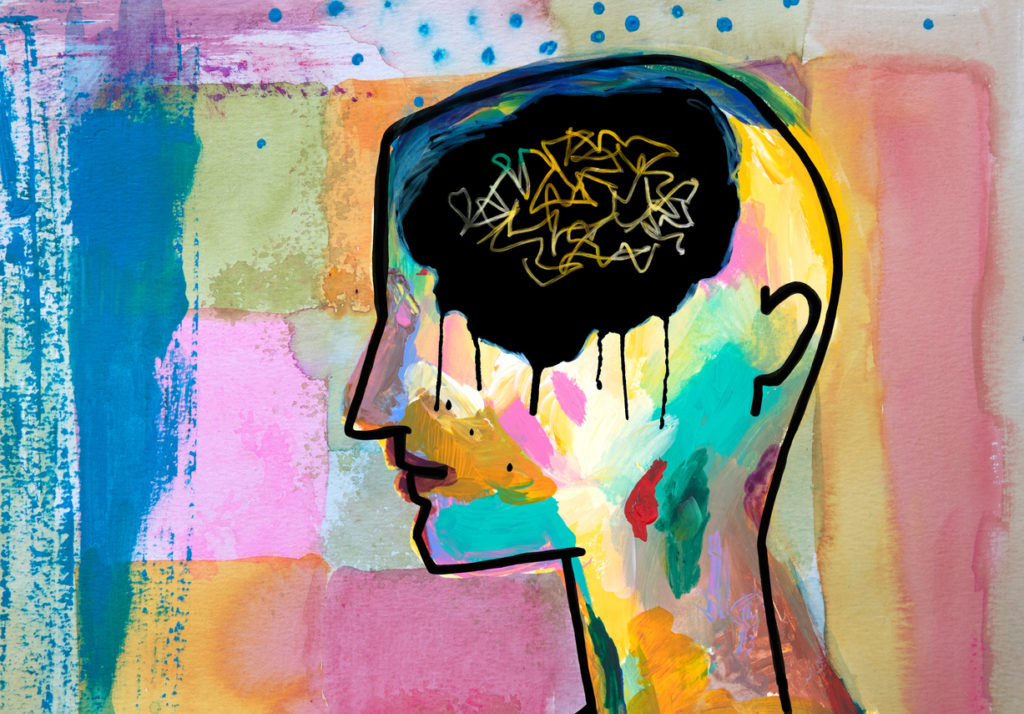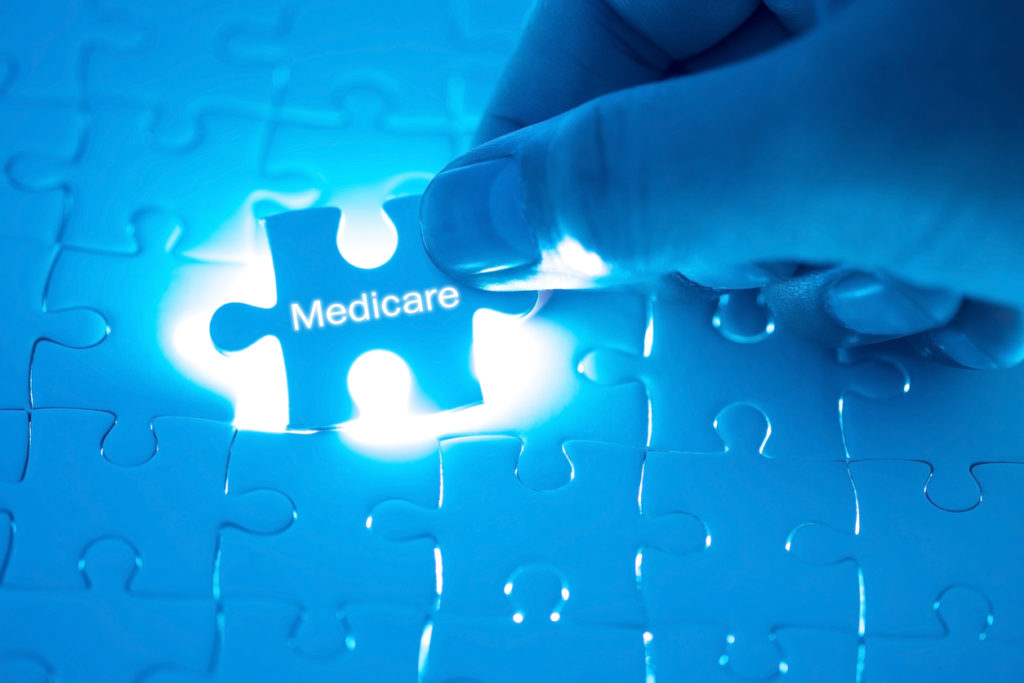The NIH grant has funded the development of a physiological brain atlas registry that will allow us to significantly improve the targeting and use of DBS implants for Parkinson’s Disease, Dystonia, Essential Tremor, and OCD.
Official Title
Physiological Brain Atlas Development.
Conditions
- Parkinson’s Disease
- Dystonia
- Essential Tremor
- OCD
Study Type
Observational
Study Design
Case-Only, Cross-Sectional.
Further Details
Study Start
August 2006
Eligibility & Criteria
- Ages Eligible for Study: 7 Years to 90 Years
- Genders Eligible for Study: Both
- Accepts Healthy Volunteers: No
- Sampling Method: Probability Sample
Study Population:
Patients who have already consented to having DBS surgery for Parkinson’s Disease, Dystonia, Essential Tremor, and OCD
Inclusion Criteria:
- All patients who are recommended for DBS surgery by clinical conference
- Any patient who has agreed to undergo DBS implantation
- Patients age 7 -90 years old
Exclusion Criteria:
- Patients who fail recommendation for DBS surgery by clinical conference
- Patients not consented for dBS surgery
- Patients outside the age range of 7 -90 years old
- Patients or legal guardians not able to provide informed consent.
Total Enrolment
1000
Contact Details
Peter E Konrad (MD, Ph.D.)
615-343-9822
peter.konrad@vanderbilt.eduMelba T Isom
615-343-9822
melba.isom@vanderbilt.edu
Location:
Vanderbilt Univeristy
Nashville, Tennessee
United States, 37232
All content and media on the HealthEngine Blog is created and published online for informational purposes only. It is not intended to be a substitute for professional medical advice and should not be relied on as health or personal advice. Always seek the guidance of your doctor or other qualified health professional with any questions you may have regarding your health or a medical condition. Never disregard the advice of a medical professional, or delay in seeking it because of something you have read on this Website. If you think you may have a medical emergency, call your doctor, go to the nearest hospital emergency department, or call the emergency services immediately.







